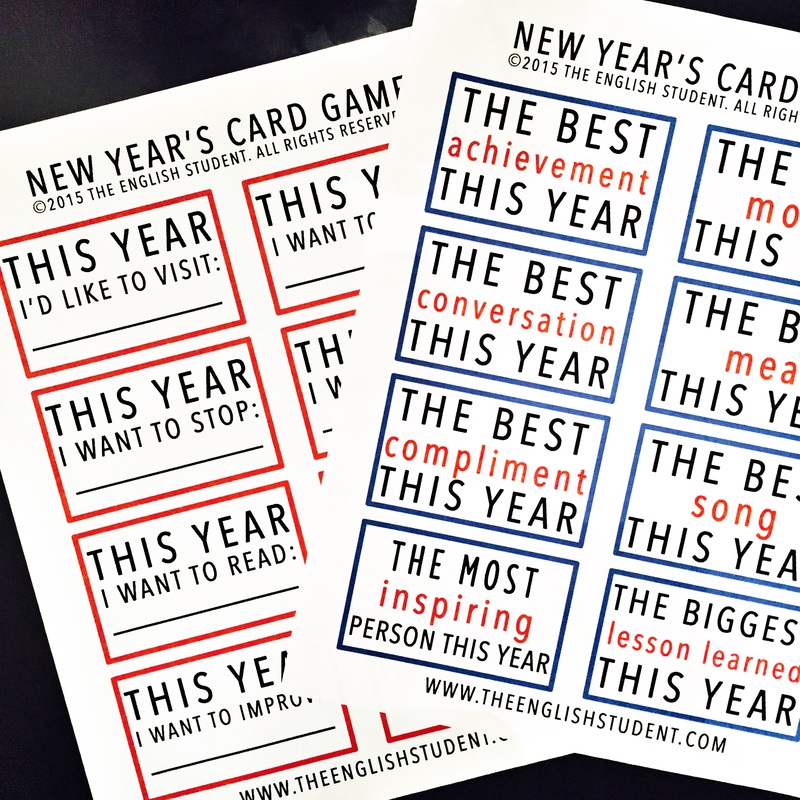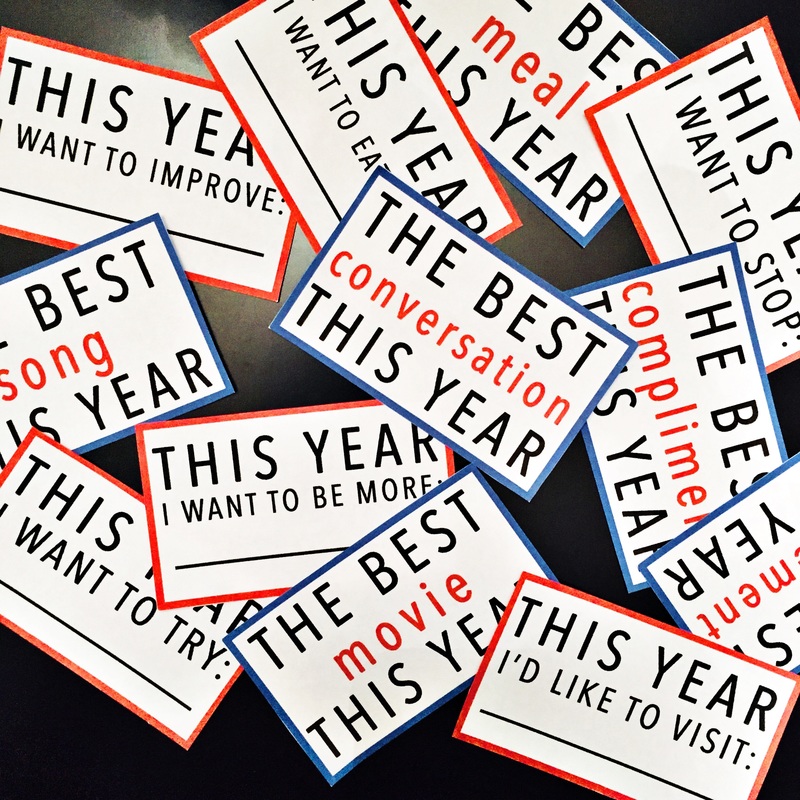The beginning of the year is the perfect time to make plans for the rest of the year. New plans or old plans, it's always good to have some idea of things you want to achieve and accomplish (or continue) this new year.
'Achieve' (uh-cheev) is a verb meaning to do or get something successfully by good effort.
For example,
- I achieved (gained successfully) the highest score in my class.
- In order to achieve (gain successfully, obtain) a full scholarship to college, Thomas studied day and night.
What are some things you want to achieve this year? Learn to speak French? Learn to surf? Write your book? Publish my your book? Visit the tallest building in the world? or achieve inner happiness?
This is why I've created a little piece of art you could write on and place in your bedroom, office, on your refrigerator to remind yourself of four main things you want to achieve this year. Life is short, think about what you want to achieve this year and make a promise to yourself to do it by the end of the year.
Download the free New Year Achievement here













 RSS Feed
RSS Feed
